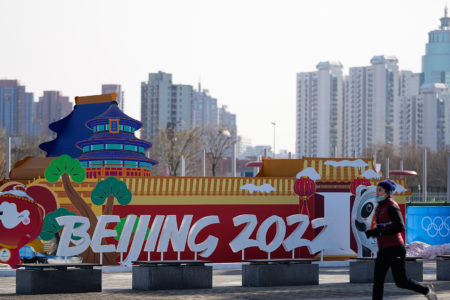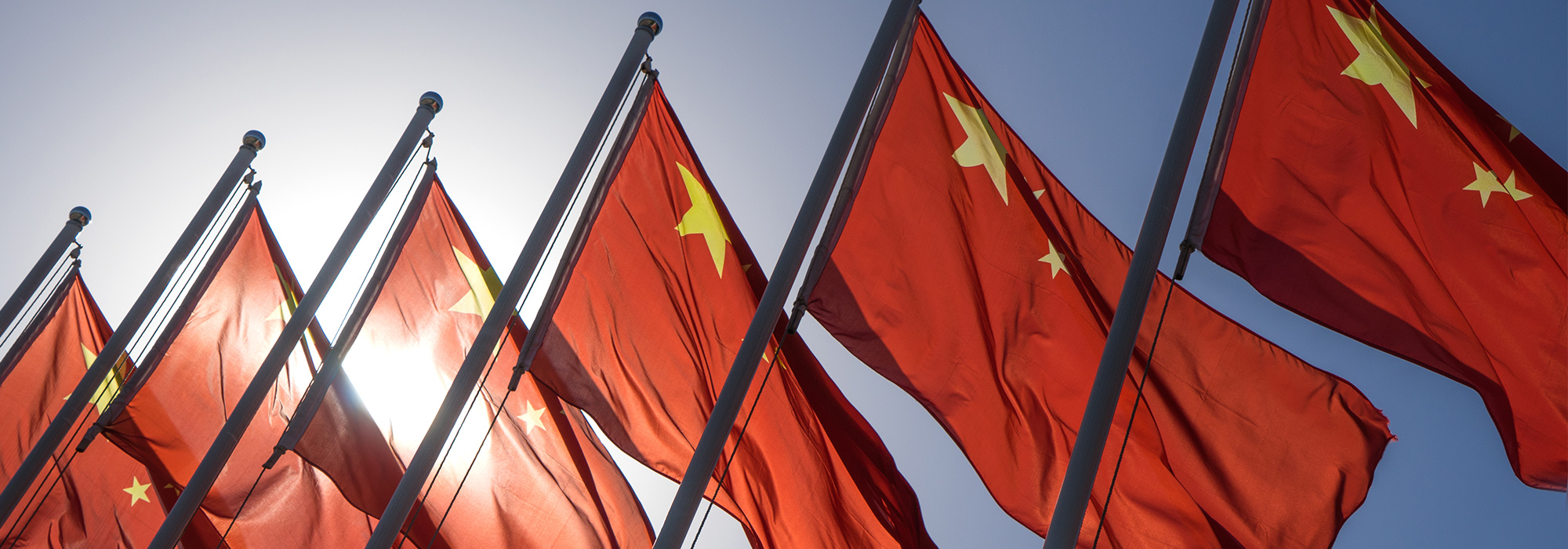
I had never intended to become a historian — I started college as a math major, ended in the English department — it was only in the course of a two-year teaching position in Hunan province after college that I began to take a serious interest in how the past and the present interweave. Perhaps there is no place better to do that in China…My subject, the Taiping Rebellion, is obscure not just to Western audiences but to Chinese ones as well.
For all of the monuments and books and museums that exist to commemorate America’s nineteenth-century civil war, in China for the Taiping Rebellion, which happened at the same time and in which as many as 30 times as many people lost their lives, there is just one single, solitary, poorly funded museum. Those scholars who do study the Taiping Rebellion do so in political shackles because it is the archetype of peasant revolution in China, once Mao’s inspiration and now the current government’s greatest fear.
However, regardless of history’s political dangers and regardless of the exotic remove that makes China a mystery to many Westerners, such a cataclysm as this — an epochal war that shaped a country whose population amounts to nearly a fifth of the globe — should not be forgotten.
Photo: Shutterstock by crystal51






